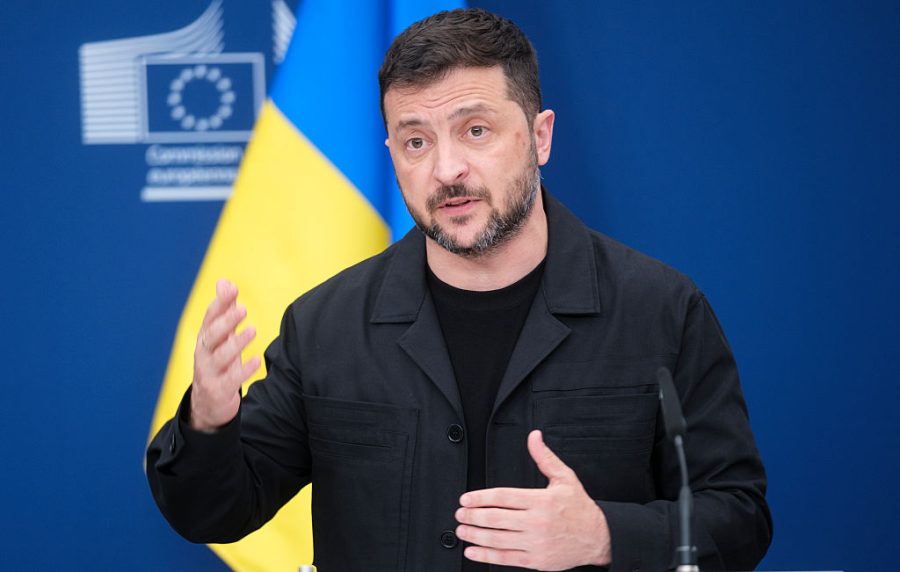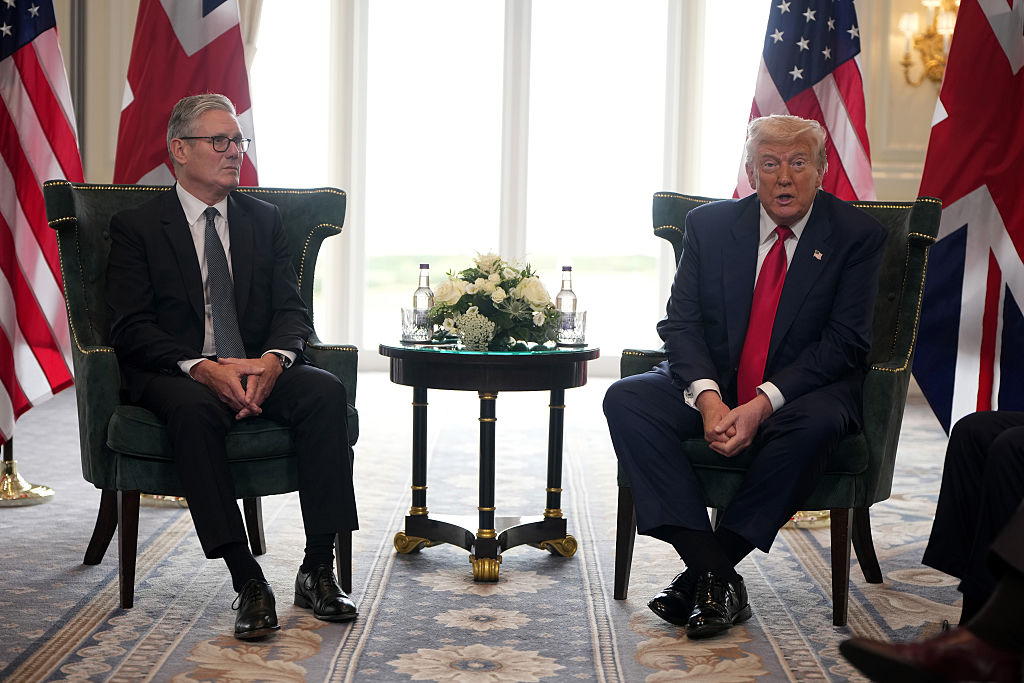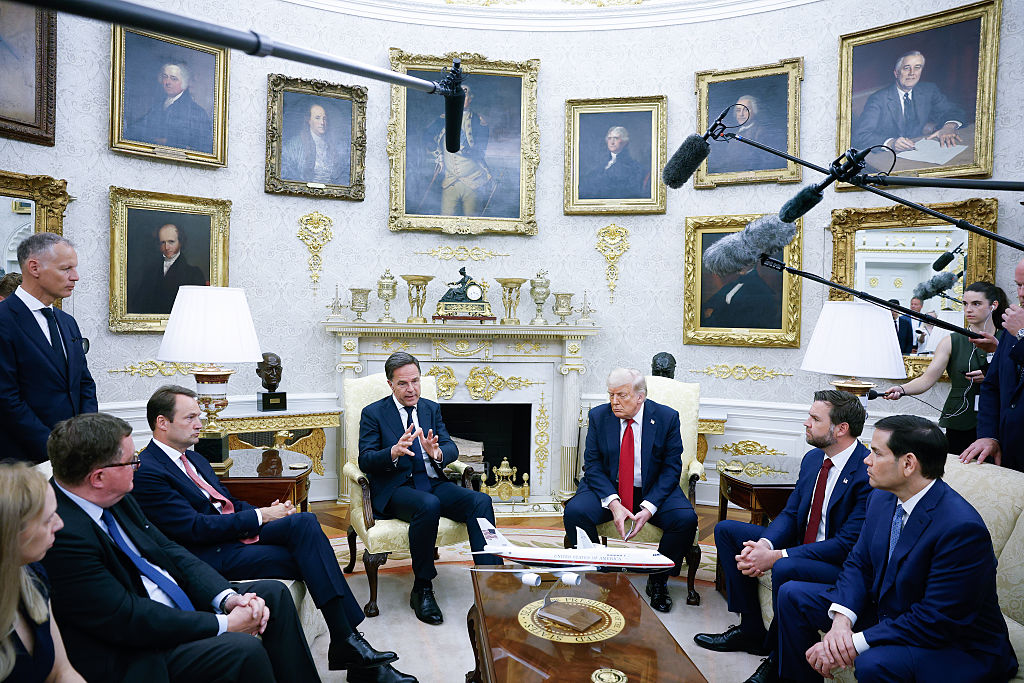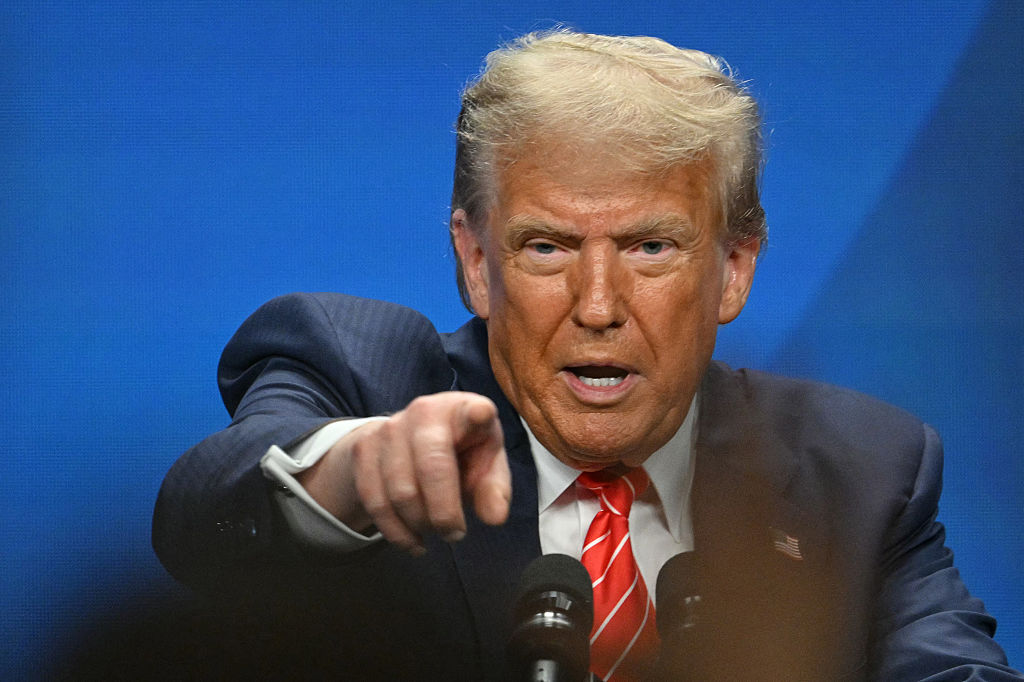Dutch populist leader Geert Wilders win has shocked Europe’s elites. At this point, one has to wonder why they continue to be surprised when voters absolutely frustrated with bickering and incompetence turn to someone who has never held political power. Wilders’s win is much less of an endorsement of his views than it is yet another rejection of the elites’ business as usual.
Voters in the Netherlands have been signaling they want change for many years now. Wilders’s Party for Freedom (PVV in Dutch) led polls until the last days before the 2017 election. It faded when Prime Minister Mark Rutte told Holland’s mostly Muslim immigrants to “act normal or go away”. Despite leading the government for the ensuing six years, Rutte was unable to actually make much headway to tackle the concerns many Dutch have about migration.
The strange disconnect of Rutte’s party, the People’s Party for Freedom and Democracy (VVD), from its voters was summed up unintentionally on election night by its current leader, Dilan Yesilgoz. When the exit poll showed the unexpectedly large defeat, she complained that “the people in the country have not been listened to enough”. That’s an odd statement given that VVD had led the government for the previous thirteen years.
VVD’s lost ten of its thirty-four seats, but it was actually the big winner among the four governing parties. The center-left liberal Democrats 66 lost fifteen of its twenty-four seats while the once dominant Christian Democratic Appeal was pummeled, dropping ten of its fifteen. Even the tiny Christians United party lost proportionally more than VVD, losing two of its five seats. The government in all lost thirty-seven of the seventy-eight seats it had won in 2021, one of the worst results for any Dutch government in history.
This should have been especially unsurprising given the tumultuous events of the last four years in Dutch politics. First a right-wing competitor to PVV, Thierry Baudet’s Forum for Democracy, won the 2019 Senate elections. It then took Rutte a record 299 days to put together his fourth cabinet after the 2021 elections. Farmers erupted in protest in 2022 when the new government persisted in pushing its plan to reduce nitrogen emissions on farms to combat climate change, a policy that would have devastated agriculture. A rural-based protest party, the Farmer-Citizen Movement (BBB) swept the field in this spring’s Senate vote, easily becoming the largest party in the powerful upper chamber. Voters were clearly tired on the out-of-touch, urban-centric agenda the government was pushing long before Wednesday.
Wilders is not the only outsider to be rewarded. Pieter Omtzigt had gained national notoriety in 2021 when he uncovered a scandal involving improper accusations of child benefit fraud by Rutte’s government. He launched a new party in August, New Social Contract, which immediately soared to the top of the polls. NSC faded as Wilders waxed, but it still won twenty seats and will be a part of any coalition. BBB also won seven seats, six more than it had after the last election. Combined with PVV’s expected thirty-seven seats, fully sixty-four of the lower house’s 150 seats will be held by parties that were either pariahs or non-existent just four years ago.
Wilders may still be excluded from government, but that would take chutzpah and a degree of ideological tolerance that Dutch governments rarely demonstrate. Adding the left-leaning GreenLeft/Party of Labor (GL/PvdA) alliance and NSC to the old government would preserve its majority, but that would put the right-leaning VVD under severe pressure. Polling analysis from the NOS national broadcaster shows that 15 percent of 2021 VVD voters backed PVV; virtually none voted for GL/PvdA. Yesilgoz’s hearing should be checked if she thinks Dutch voters were telling her to move further leftward.
That might be what she hears, though, if she only listens to people in Dutch cities. GL/PvdA won Amsterdam, Utrecht and a number of other large places. We don’t yet have educational or income breakdowns for the vote, but it’s likely that the Netherlands followed most of the West with majorities of the well-off and well-educated in urban areas backing establishment parties.
Suburban and rural Holland, however, heavily backed PVV and the outsiders. To put the night in perspective, the four government parties plus GL/PvdA won comfortable majorities in every province in 2021. With counting almost complete, this year they carried only one and were below 43 percent in another ten despite winning big cities. That’s rejection.
The elite’s inability to grasp what is going on globally has become absurd. New York Yankee catcher Yogi Berra is reputed to have said “you can observe a lot by watching”. They should give it a try.


























Leave a Reply